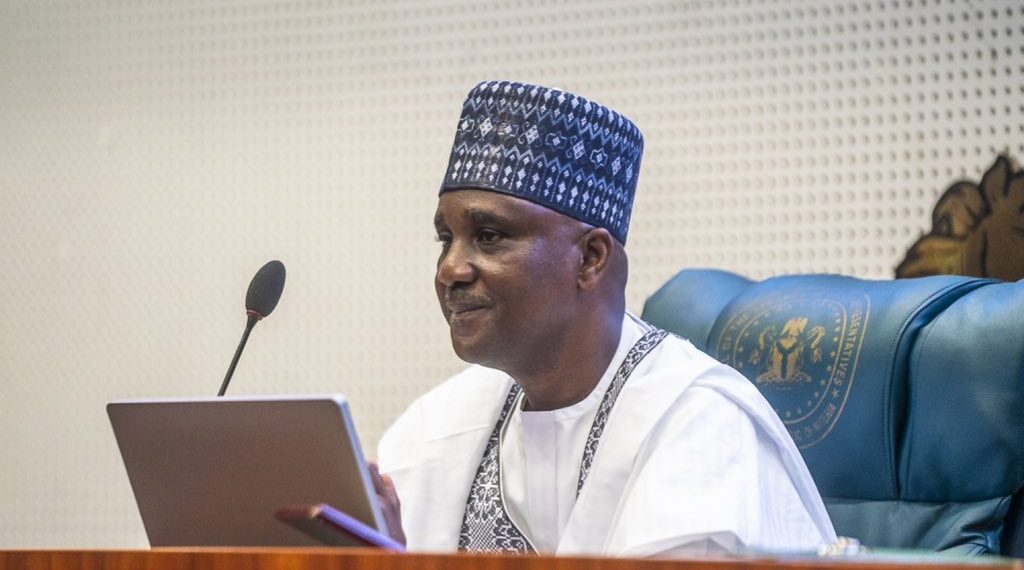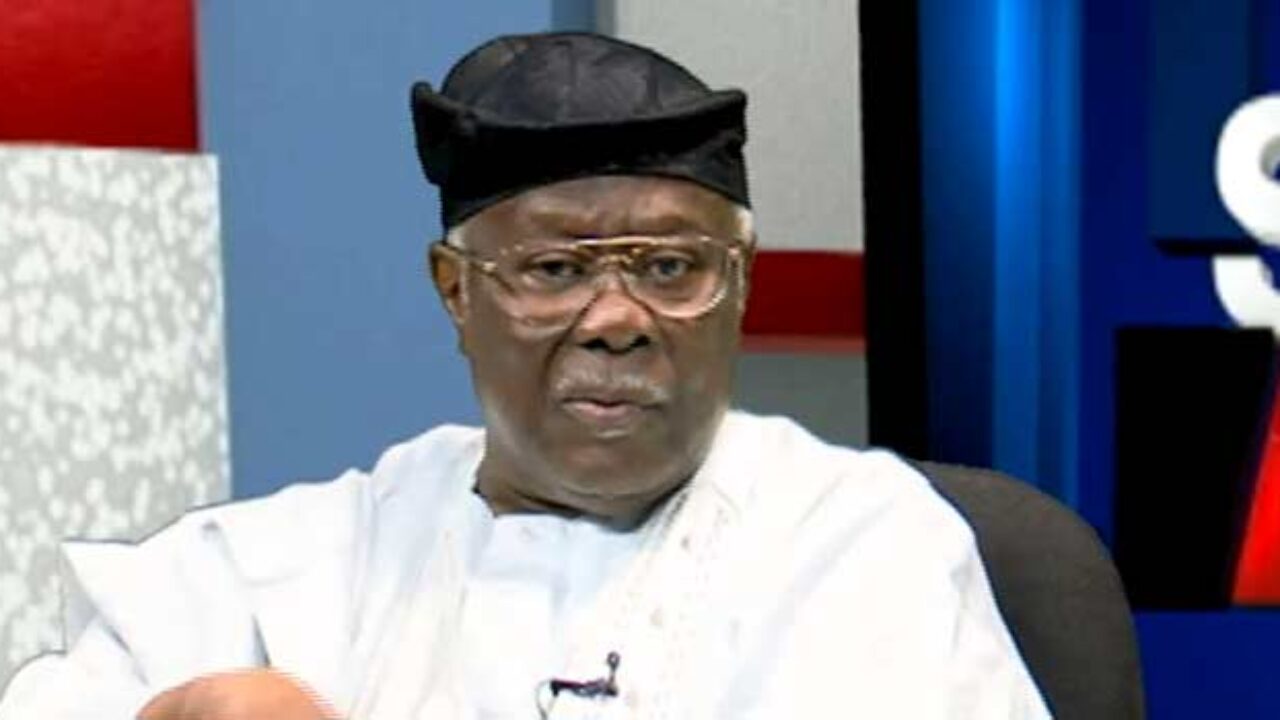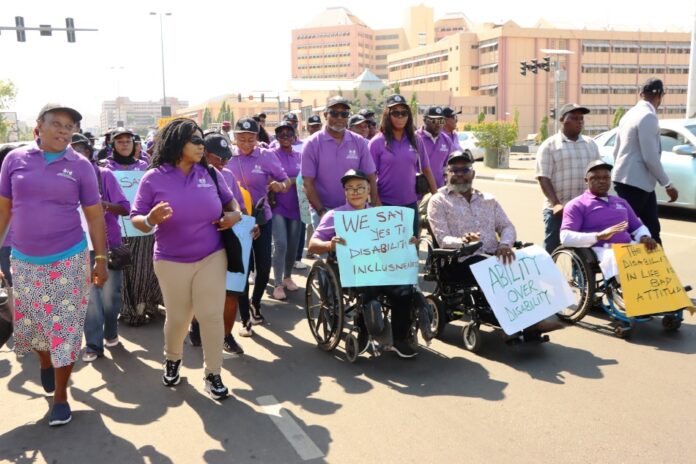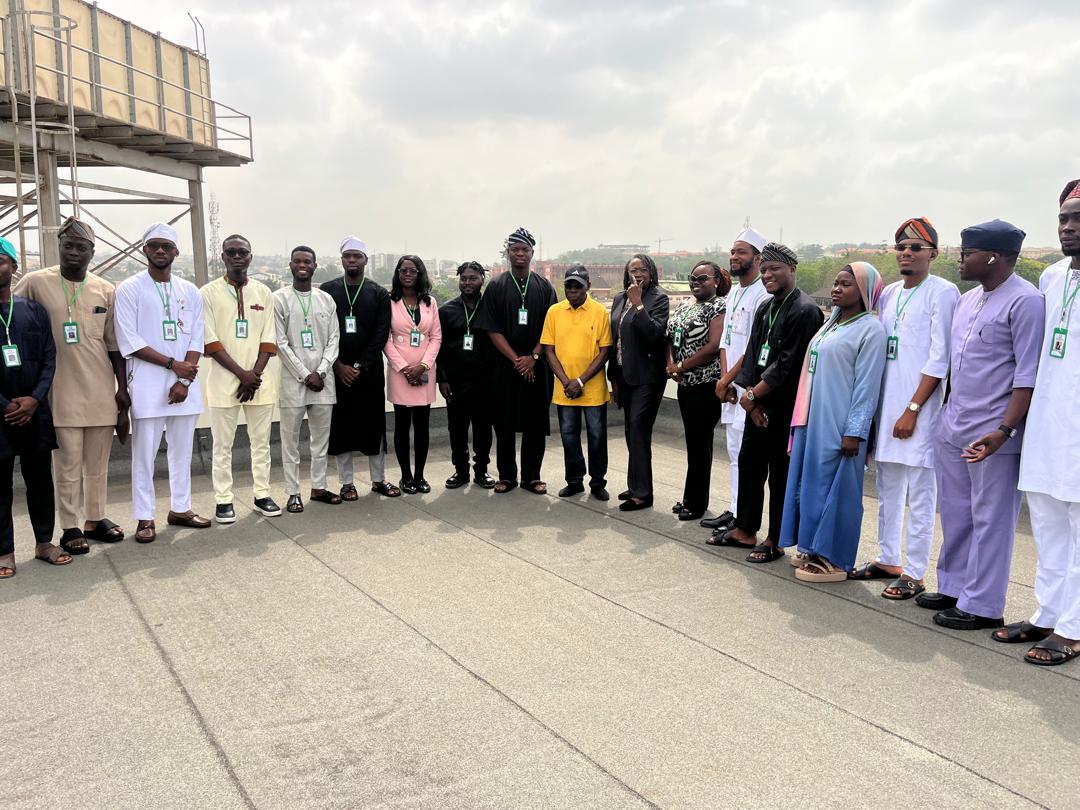Reps raise concerns over CNG policy implementation, demand transparency

Tajudeen Abbas, speaker of the house of representatives, says the federal government’s compressed natural gas (CNG) policy represents a strategic shift towards safer, cleaner, and more affordable alternatives to petrol, especially in the transport sector.
Abbas spoke on Thursday at an investigative hearing of the house ad-hoc committee on the implementation of the CNG policy in Abuja. He was represented by Sada Soli, who represents Jibia/Kaita federal constituency of Katsina state.
He said Nigeria’s vast natural gas reserves make the promotion of CNG as a motor fuel both logical and essential to achieving national goals on energy security, environmental protection, and economic diversification.
“The purpose of this hearing is to evaluate the current status of implementation, identify bottlenecks, and ensure the policy is pursued in a manner that is transparent, viable, and beneficial to Nigerians,” Abbas said.
He recalled that the federal government introduced the CNG initiative as a response to the removal of petrol subsidies, presenting it as a long-term alternative aimed at reducing transport costs, improving air quality, and stimulating industrial growth in the gas sector.
However, the speaker acknowledged growing concerns around the pace of implementation, infrastructural readiness, safety standards, and the policy’s long-term sustainability.
“As the people’s parliament, we have a constitutional responsibility to oversee policies that affect the lives of Nigerians,” Abbas said.
“Our concern is not just about the intentions of the policy, but how it is being executed. Are funds being properly utilised? Are safety and environmental standards being met? Are Nigerians feeling the impact?”
He said the hearing was a platform for engagement with ministries, departments and agencies (MDAs), industry players, and citizens on the way forward.
“It is also an opportunity for accountability and constructive dialogue to ensure the CNG policy is rolled out successfully in the national interest,” he added.
Also speaking, Jaha Ahmadu Usman, chair of the ad-hoc committee, questioned the accessibility, equity, and long-term viability of the policy.
He described the initiative as bold in ambition but noted that it faces serious implementation gaps that must be addressed urgently.
“The policy risks failure if issues around transparency, inclusiveness, and proper oversight are not tackled,” he said.










